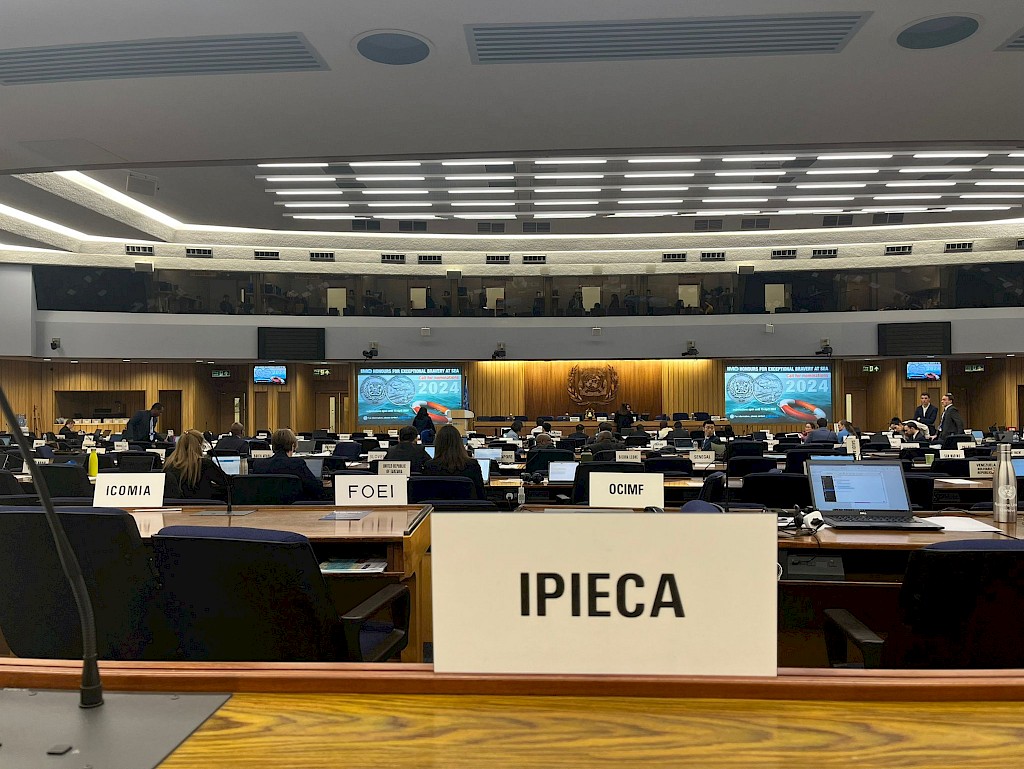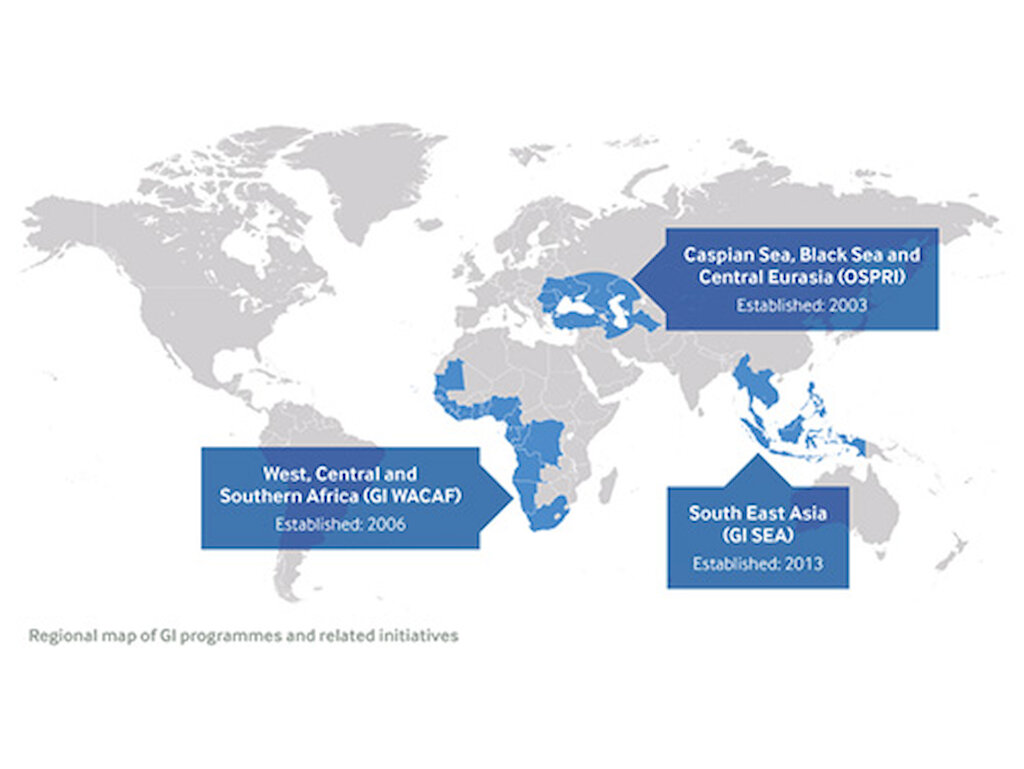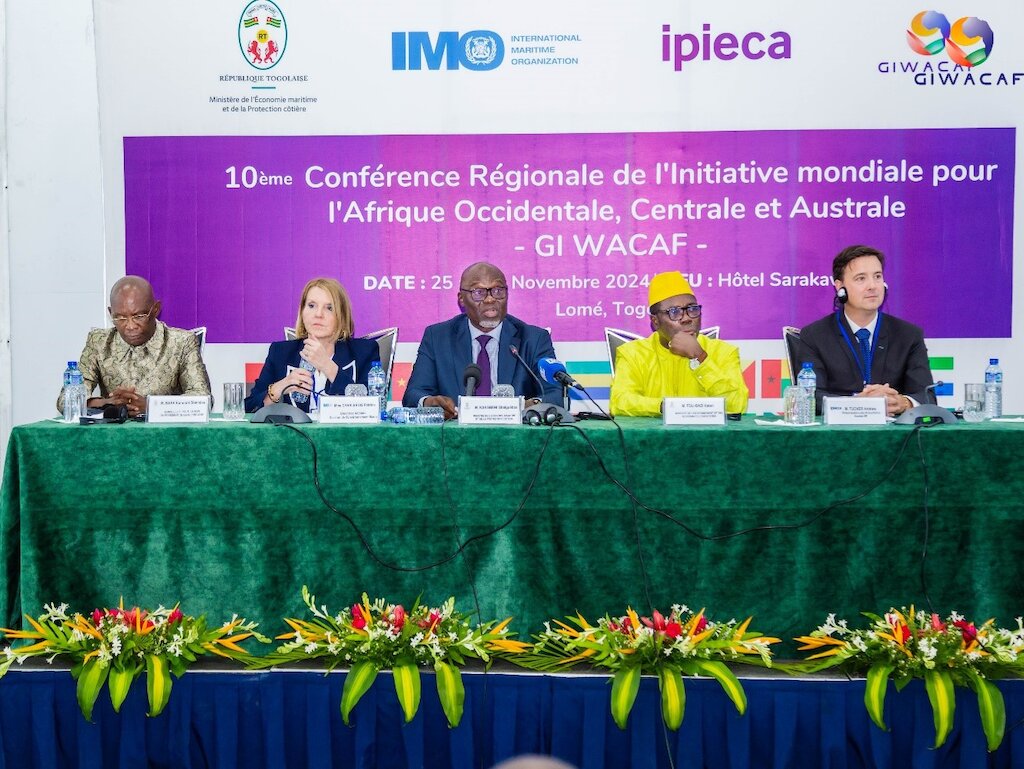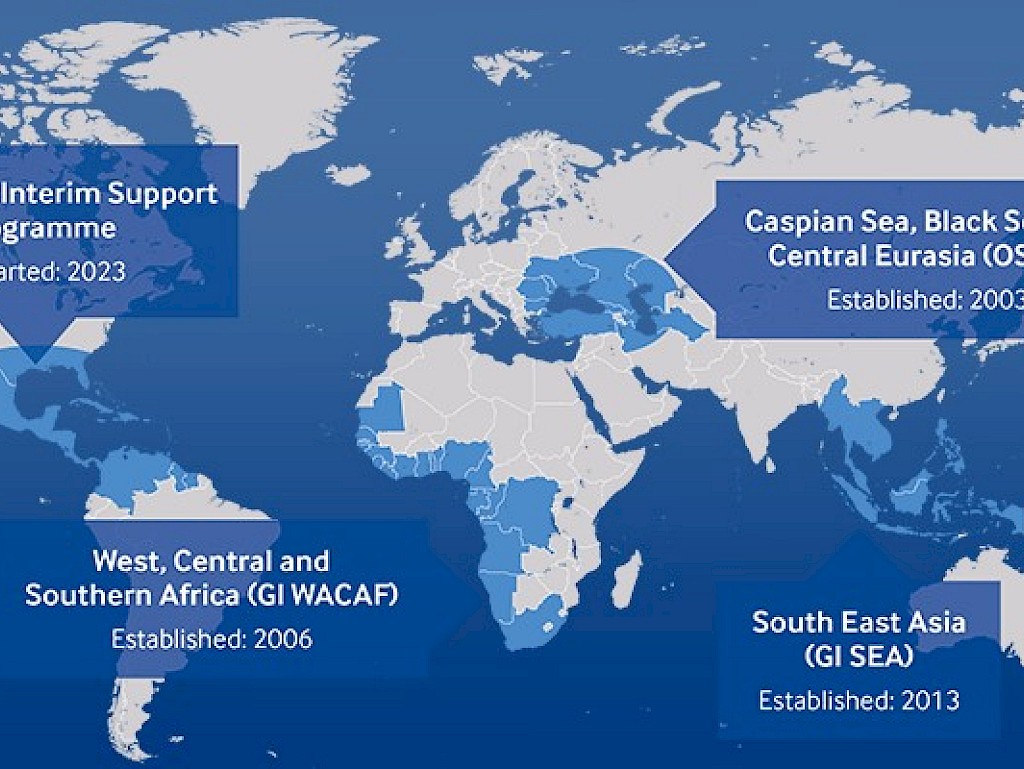The maritime sector accounts for approximately 3% of all greenhouse gases (GHG) emissions and delivers over 80% of international trade. As shipping plays a key role in society, the International Maritime Organization (IMO) is committed to reduce GHG emissions from international shipping, with the aims to reach net-zero emissions by or around 2050 while promoting a just transition.
Ipieca actively supports the IMO’s strategy to decarbonise the maritime sector by contributing technical expertise across multiple areas, helping to identify good practices and develop industry guidance.
This brief provides an overview of:
- The role of Ipieca in advancing environmental and social performance of the oil and gas industry
- Ipieca’s role in driving sectoral decarbonisation
- Ipieca’s input to the IMO
- Looking forward and next steps with the IMO
The brief outlines specific examples of Ipieca’s collaboration in the maritime sector and its technical input to the IMO. Topics range from full accounting of emissions reductions from inland or onboard carbon capture and storage (CCS) systems to encouraging investments in technologies that reduce GHG emissions, by enabling producers and ships to report actual emission values certified under proper schemes.
Ipieca and its members are well placed to take an active role in helping the sector reach its decarbonisation goals, with the capacity and capability to produce, transport and bunker alternative fuels.
Ipieca collaborates with IMO and the shipping sector to support the 2023 IMO GHG Strategy by enhancing global efforts to reduce GHG emissions from international shipping, identifying necessary actions for the sector, providing supplier perspectives on alternative fuels, and supporting the development of IMO guidelines with a focus on life cycle analysis and fuel certification.



